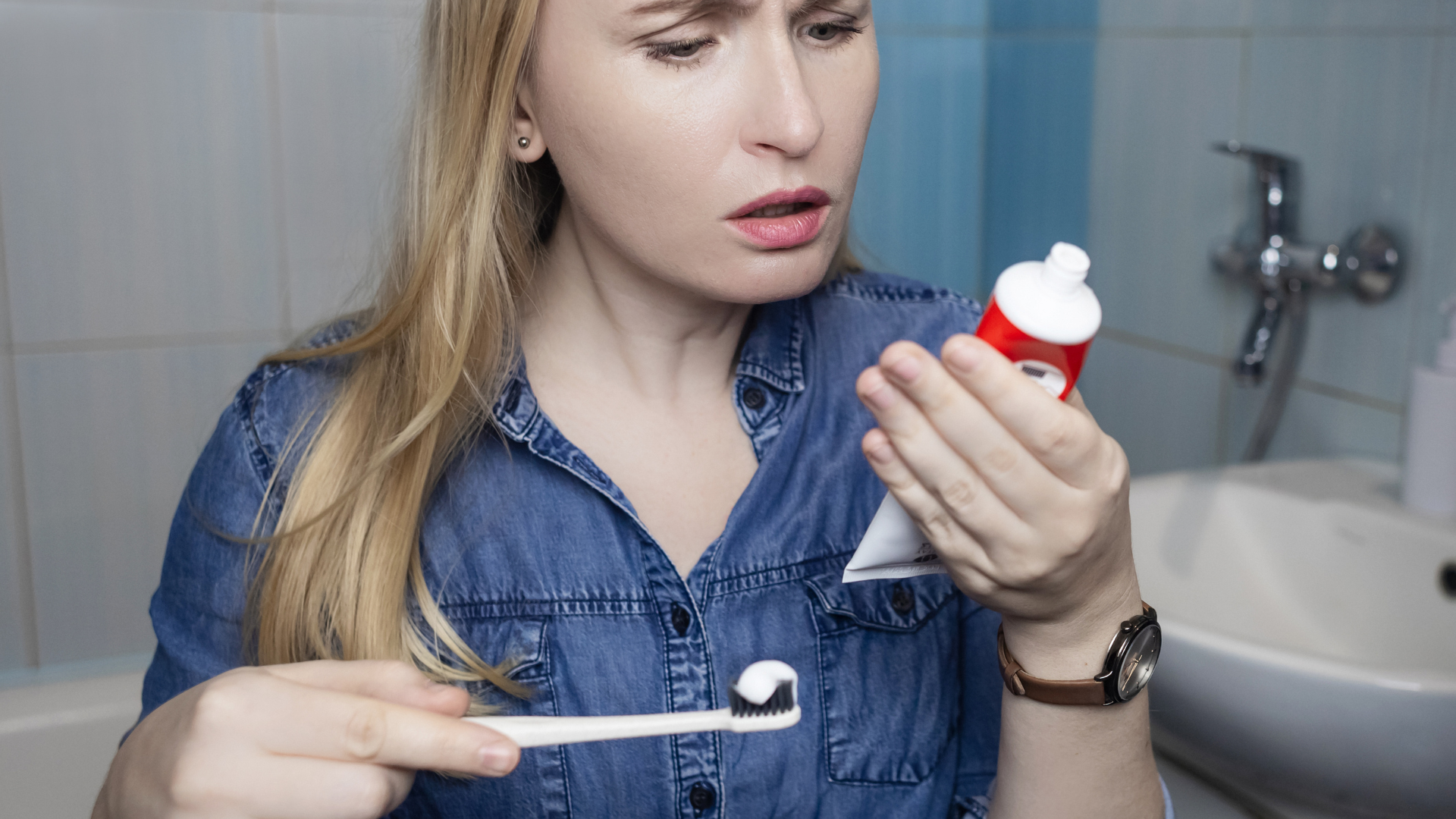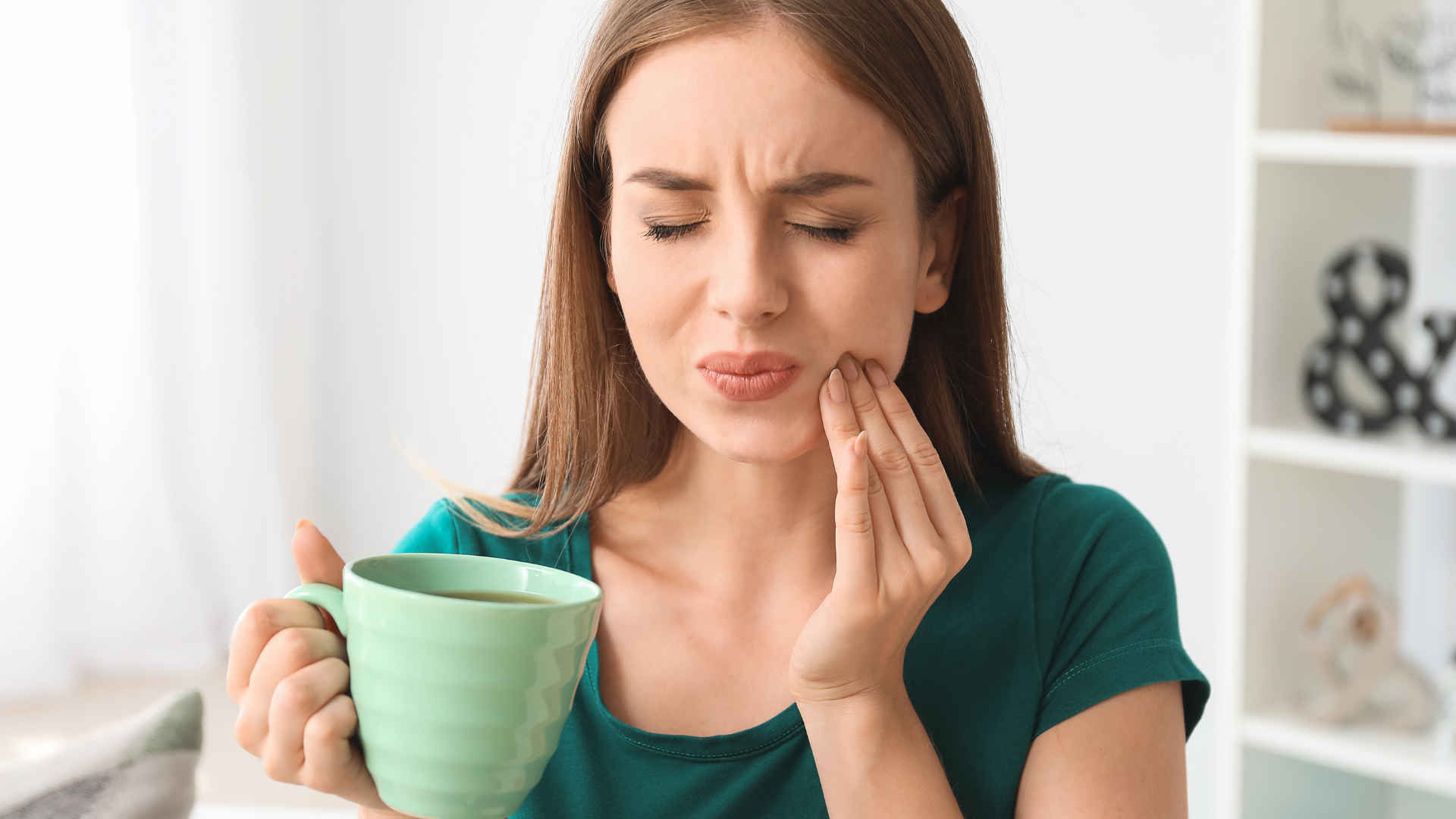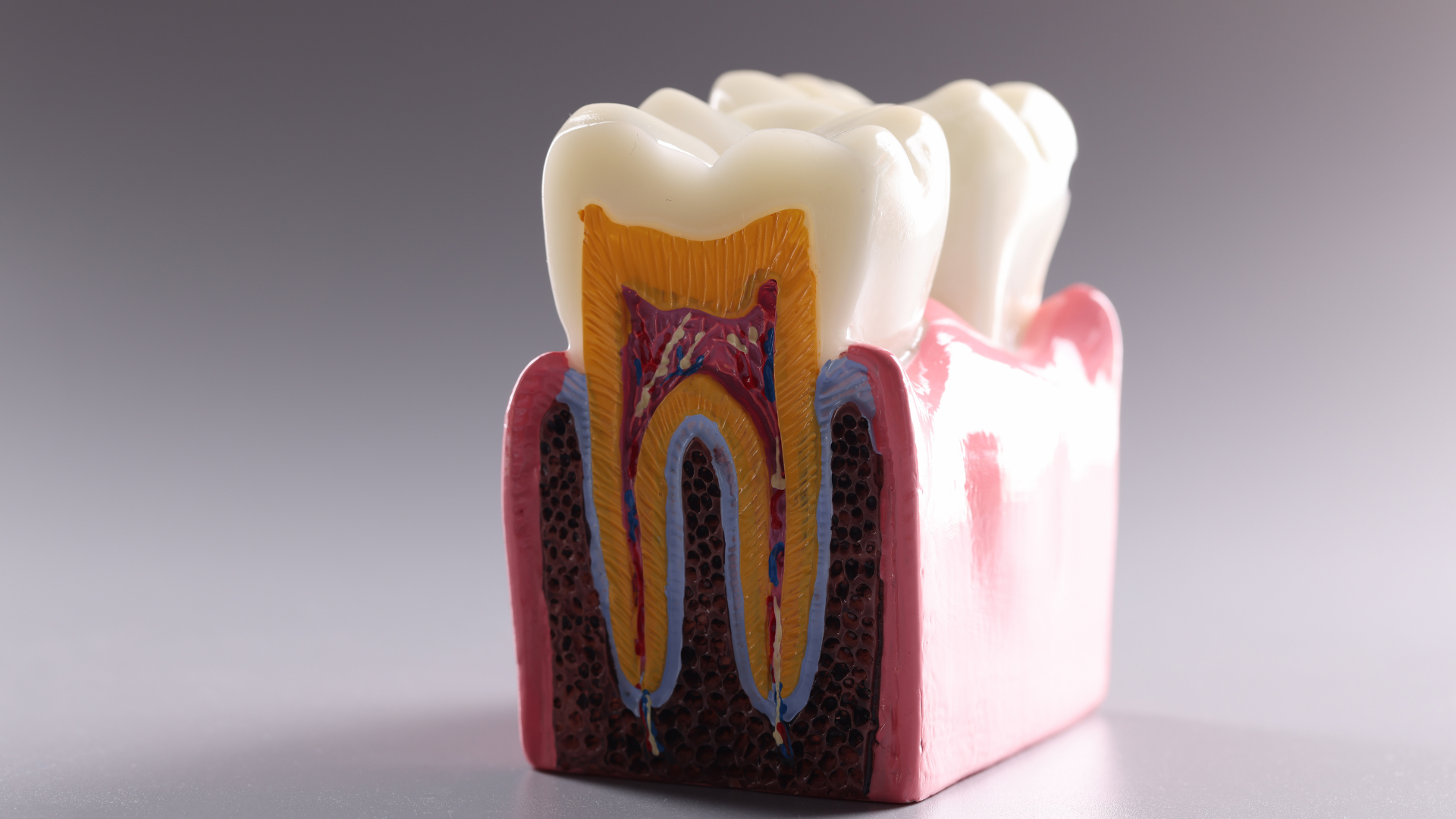Dry Mouth
Dry Mouth
What Do I Need To Know About Dry Mouth?
Everyone has a dry mouth once in a while--if they are nervous, upset or under stress. But if you have a dry mouth all or most of the time, it can be uncomfortable and can lead to serious health problems.
- Dry mouth...
- What is dry mouth?
- Symptoms include:
- Why is saliva so important?
- What causes dry mouth?
- What can be done about dry mouth?
- What can I do?
- Tips for keeping your teeth healthy
- For more information on Syrgren's Syndrome
Dry Mouth...
- Can cause difficulties in tasting, chewing, swallowing, and speaking Can increase your chance of developing dental decay and other infections in the mouth
- Can be a sign of certain diseases and conditions
- Can be caused by certain medications or medical treatments
Dry mouth is not a normal part of aging. So if you think you have dry mouth, see your dentist or physician--there are things you can do to get relief.
What Is Dry Mouth?
Dry mouth is the condition of not having enough saliva, or spit, to keep your mouth wet.
Symptoms include:
- A sticky, dry feeling in the mouth
- Trouble chewing, swallowing, tasting, or speaking
- A burning feeling in the mouth
- A dry feeling in the throat
- Cracked lips
- A dry, rough tongue
- Mouth sores
- An infection in the mouth
Why Is Saliva So Important?
Saliva does more than keep the mouth wet.
- It helps digest food
- It protects teeth from decay
- It prevents infection by controlling bacteria and fungi in the mouth
- It makes it possible for you to chew and swallow
Without enough saliva you can develop tooth decay or other infections in the mouth. You also might not get the nutrients you need if you cannot chew and swallow certain foods.
What Causes Dry Mouth?
People get dry mouth when the glands in the mouth that make saliva are not working properly. Because of this, there might not be enough saliva to keep your mouth wet. There are several reasons why these glands (called salivary glands) might not work right.
- Side effects of some medicines - More than 488 medicines can cause the salivary glands to make less saliva. Medicines for high blood pressure and depression often cause dry mouth.
- Disease - Some diseases affect the salivary glands. Sjogren's syndrome, HIV/AIDS, diabetes, and Parkinson's disease can all cause dry mouth.
- Radiation therapy - The salivary glands can be damaged if they are exposed to radiation during cancer treatment.
- Chemotherapy - Drugs used to treat cancer can make saliva thicker, causing the mouth to feel dry.
- Nerve damage - Injury to the head or neck can damage the nerves that tell salivary glands to make saliva.
What Can Be Done About Dry Mouth?
Dry mouth treatment will depend on what is causing the problem. If you think you have dry mouth, see your dentist or physician. He or she can try to determine what is causing your dry mouth.
- If your dry mouth is caused by medicine, your physician might change your medicine or adjust the dosage.
- If your salivary glands are not working right but can still produce some saliva, your physician or dentist might give you a medicine that helps the glands work better.
- Your physician or dentist might suggest that you use artificial saliva to keep your mouth wet.
What Can I Do?
- Sip water or sugarless drinks often.
- Avoid drinks with caffeine, such as coffee, tea, and some sodas. Caffeine can dry out the mouth.
- Sip water or a sugarless drink during meals. This will make chewing and swallowing easier. It may also improve the taste of food.
- Chew sugarless gum or suck on sugarless hard candy to stimulate saliva flow; citrus, cinnamon or mint-flavored candies are good choices.
- Don't use tobacco or alcohol. They dry out the mouth.
- Be aware that spicy or salty foods may cause pain in a dry mouth.
- Use a humidifier at night.
Tips For Keeping Your Teeth Healthy
Remember, if you have dry mouth, you need to be extra careful to keep your teeth healthy. Make sure you:
- Gently brush your teeth at least twice a day.
- Floss your teeth every day.
- Use toothpaste with fluoride in it. Most toothpastes sold at grocery and drug stores have fluoride in them.
- Avoid sticky, sugary foods. If you do eat them, brush immediately afterwards.
- Visit your dentist for a check-up at least twice a year. Your dentist might give you a special fluoride solution that you can rinse with to help keep your teeth healthy.
For more information on Sjogren's Syndrome
Sjogren's Syndrome is a major cause of dry mouth. You can get information about dry mouth related to Sjogren's Syndrome from:
Sjogren's Syndrome Clinic
National Institute of Dental and Craniofacial Research
Building 10, Room 1N113
10 Center Drive MSC 1190
Bethesda, MD 20892-1190
Tel: 301-435-8528
Dry Mouth
Sjogren's Syndrome Foundation, Inc.
Suite 530
8120 Woodmont Avenue
Bethesda, MD 20814
Tel: 301-718-0300 or
800-475-6473
www.sjogrens.org




